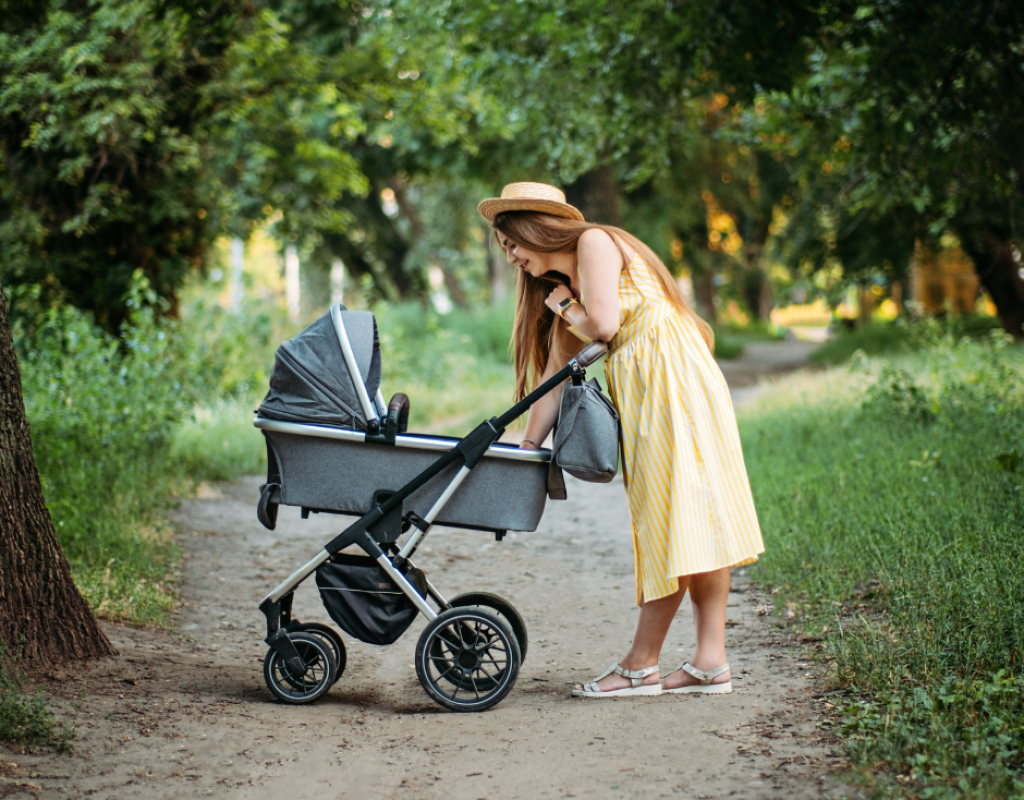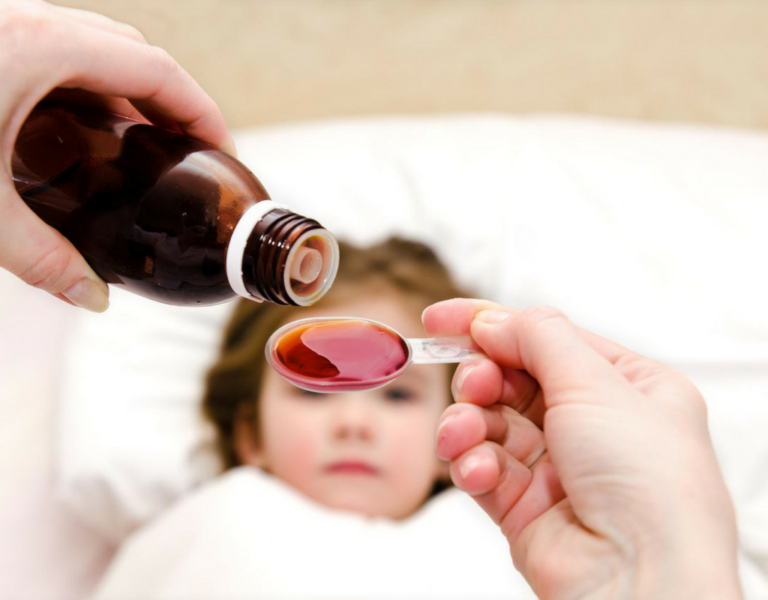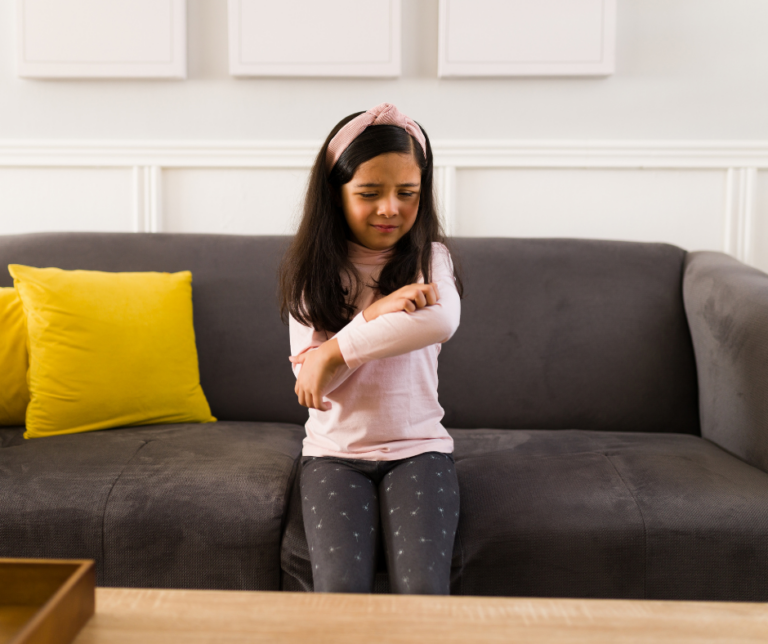Summer is a time for fun in the sun, but it’s important to keep in mind that infants and babies under 12 months require extra care and attention during this season. As a caregiver, there are several things you can do to ensure that your little one stays safe and healthy during this season.
Infants and babies have a limited ability to regulate their body temperature, so it’s important to dress them appropriately for the weather conditions. During hot weather, dress your baby in lightweight, breathable clothing such as cotton or linen. A sun hat and sunglasses can help protect your baby from the sun’s harmful rays when you are outside. When possible, stay inside during the hottest hours of the day.
It’s also important to keep in mind that babies can become dehydrated quickly in the summer heat, so make sure to offer them plenty of fluids throughout the day. For infants younger than six months, remember that their fluid intake should only be breast milk or formula. Once your baby is older than six months, they can drink water in small amounts. However, their breastmilk and formula intake is still more important than water. Read this guide to learn more about your infant’s fluid intake.
Sunscreen: should not be used on babies under six months of age. The FDA and the American Academy of Pediatrics (AAP) recommend keeping newborns and babies younger than six months out of direct sunlight as much as possible. When spending time outdoors, make sure that your baby is in the shade whenever possible. Consider using a sunshade or umbrella to protect them from the sun’s harmful rays.
For babies over six months, use sunscreen that is specifically formulated for infants with a minimum SPF of 30. Apply sunscreen to all exposed skin, including the face, neck, ears, and hands, at least 15 minutes before going outside. Reapply sunscreen every two hours, or immediately after swimming or sweating.
Read more about preventing sunburn for your baby here.
Strollers: When out and about with your baby in their stroller, use a sunshade or umbrella to protect them from the sun. Avoid covering the stroller with blankets or towels, as this can cause the temperature to rise quickly and create a suffocating environment for your baby. Remember to use the safety straps and harnesses available. Additionally, always make sure that the stroller’s brakes are engaged before leaving it unattended/letting go of the handle.
Car seats: Babies should always be properly secured in their car seats while traveling, and this is especially important during the summer months when temperatures can rise quickly. Before placing your baby in their seat, make sure that the seat and buckle are not too hot to the touch. All babies and toddlers under the age of two need to be rear facing in the State of Virginia and we recommend parents to keep their children rear facing for as long as possible. We advise against feeding children in the car unless an adult can supervise and intervene if they choke on the food or containers.
Moreover, always check to make sure all car seats are empty before you leave the car. Leaving a child in the car during the hot summer months can lead to serious injury or even death.
Read more about infants and car seats here.
Pool and water safety: Never leave your baby unattended near water, even for a moment. Remember that the tub at home and the public pool are equally dangerous for small children. Keep your baby within arm’s reach at all times while they are in or around water, and consider using a life jacket. Make sure to have babies and toddlers secured in their strollers if they are napping to avoid them waking up and venturing to the water unsupervised. Bring your partner, friends or other responsible adult with you if you have more than one child who can’t swim and needs constant supervision. Remember, pool toys and flotation toys are not considered safe as they may put your child in a dangerous position in the water.





